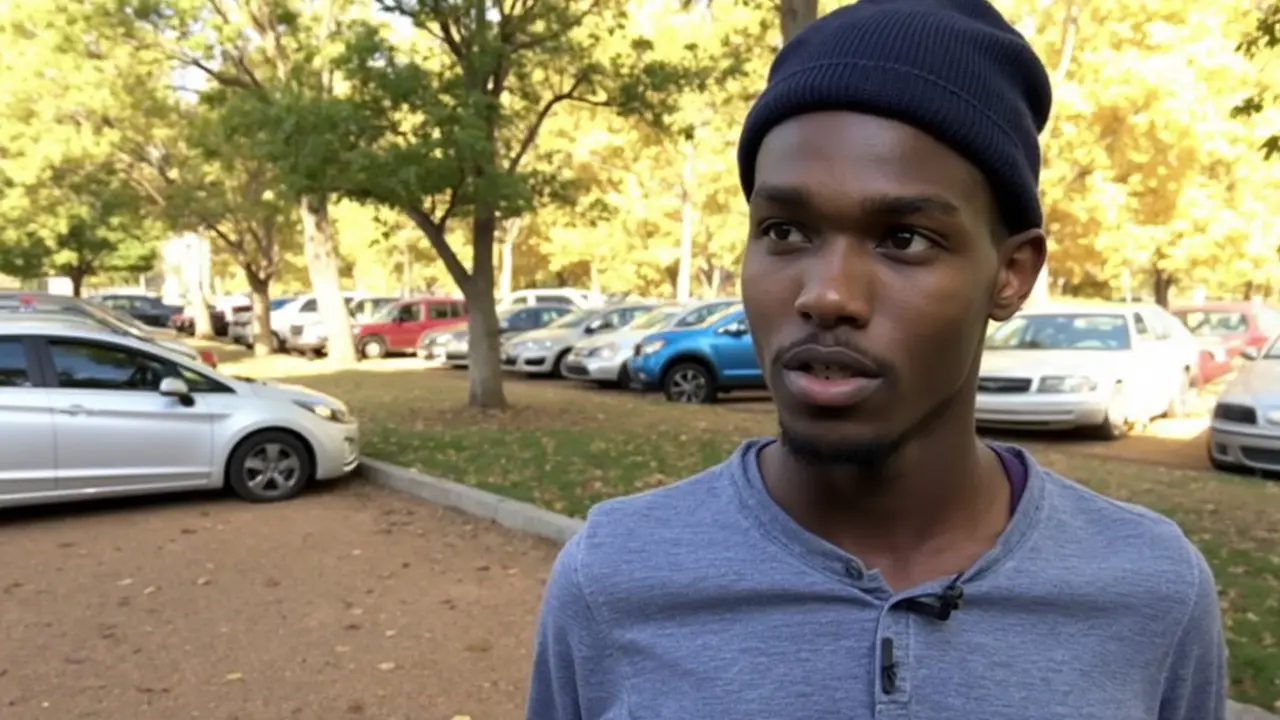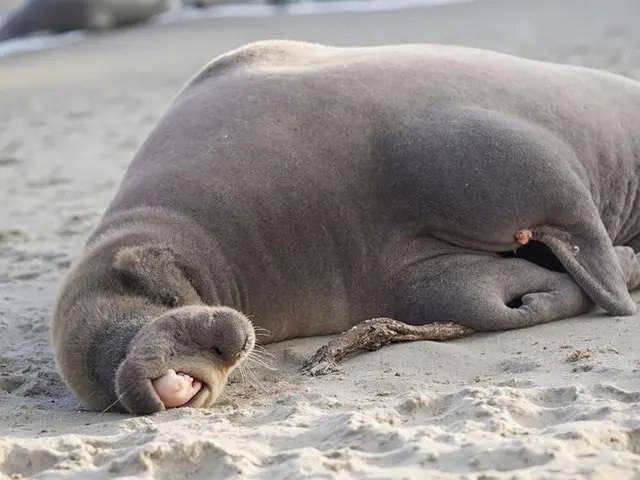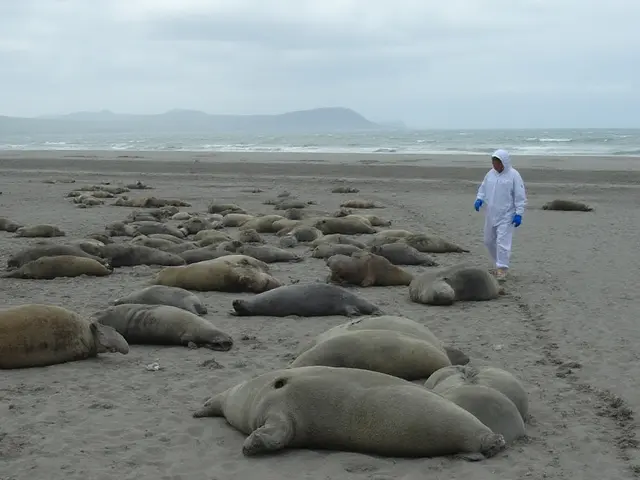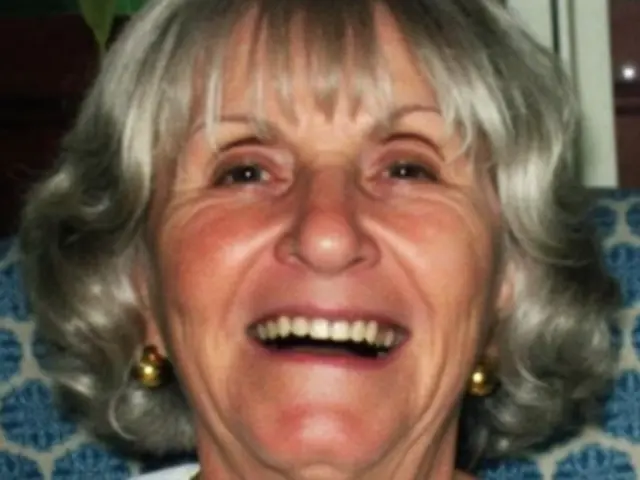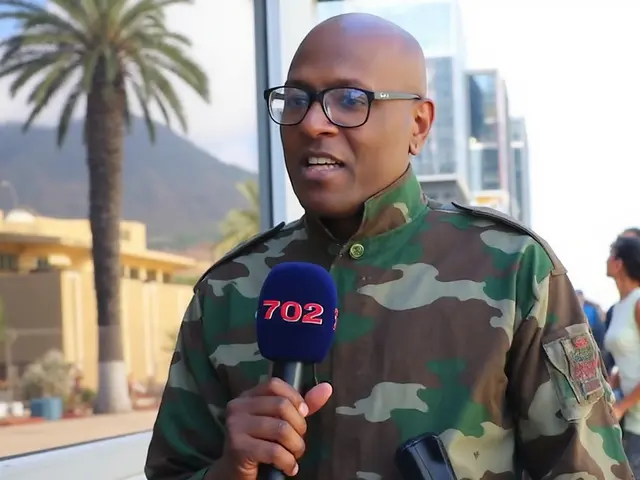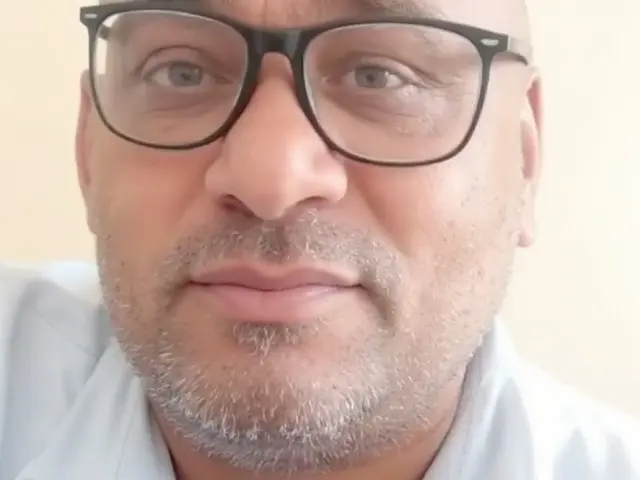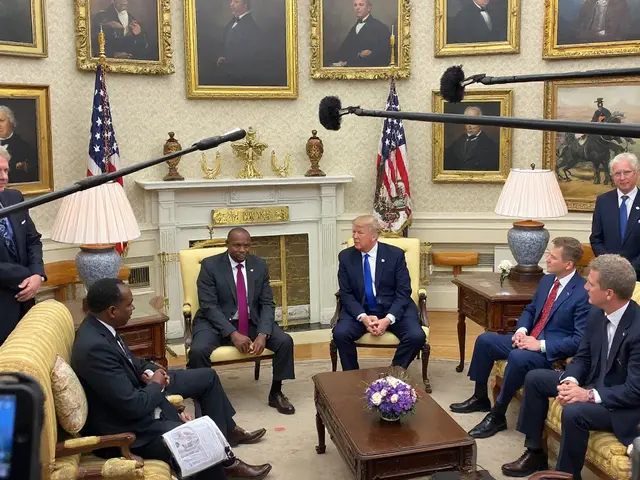Disciplinary Hearing Marred by Accusations of Bias
The notorious 2022 Stellenbosch urination incident saw Babalo Ndwayana, a first-year student, abruptly walk out of a university disciplinary hearing. It wasn't just a dramatic exit—he and his legal team openly accused the Central Disciplinary Committee (CDC) of bias and botched procedure. The case centered on a video that went viral, showing Theuns du Toit, another student, urinating on Ndwayana’s belongings inside the Huis Marais residence. The footage unleashed a storm of backlash across the campus and far beyond—and it didn’t take long for anti-racism protests to fill the streets of Stellenbosch.
As the hearing stalled, tension mounted on both sides. For Ndwayana’s camp, the CDC’s process felt stacked against them. They pointed to procedural slip-ups, a perceived lack of independence, and frustration at the university’s broader response. Meanwhile, the university suspended du Toit almost immediately, later expelling him for breaching not only residence rules but the institution’s core values. But the wounds ran deeper, especially within the university’s Black student community. Calls for change echoed: who was being protected, and whose voices were being silenced?
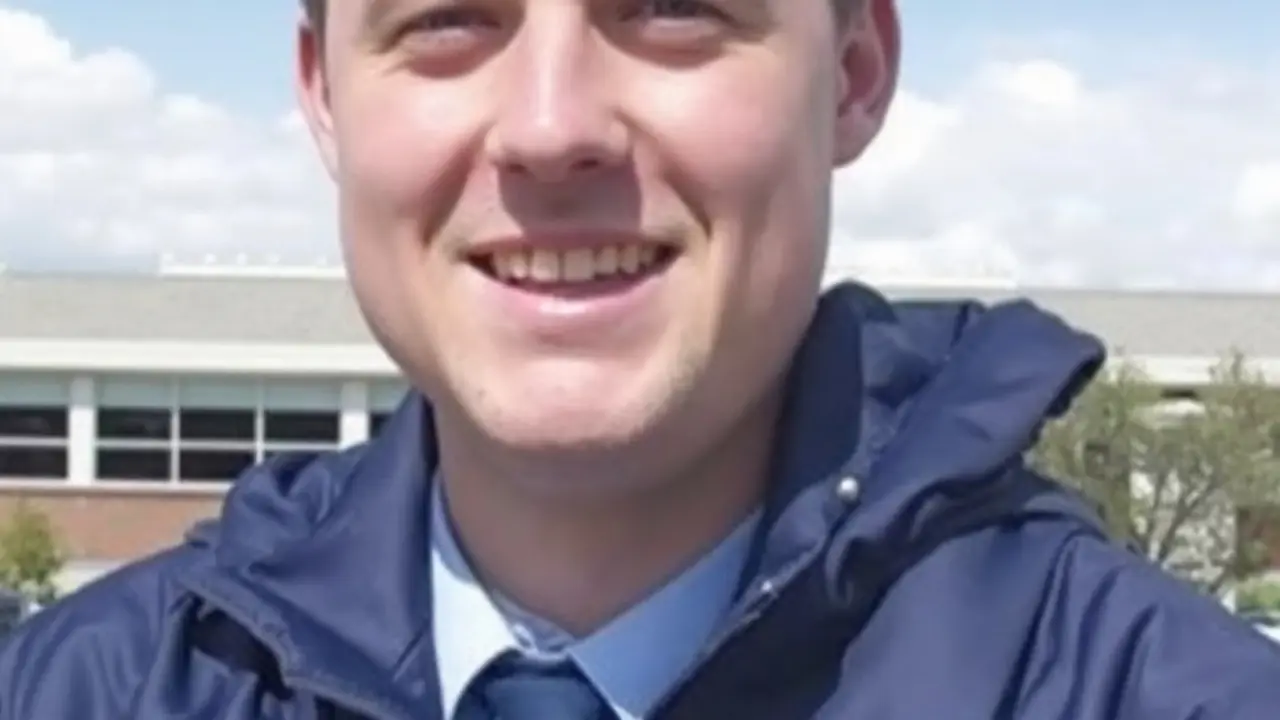
Criminal Case Acquittal and the Fallout
Fast forward three years—by 2025, the narrative had flipped again. Du Toit faced the criminal courts, charged with crimen injuria and malicious damage to property. But the court wasn’t convinced. The magistrate pointed out gaps in Ndwayana’s testimony, even questioning its reliability. According to the judgment, Ndwayana’s version of events seemed to shift over time, possibly influenced by outsiders and a mounting sense of outrage. As a result, du Toit was acquitted on all counts.
Du Toit's legal team didn't hold back. They blasted Stellenbosch University for what they called a reckless rush to judgment. The expulsion, they argued, was less about justice and more about the pressure to act decisively in the eye of a media storm. The university’s leaders, for their part, defended their actions all the way through a High Court challenge. They rejected the notion that du Toit’s behavior was just a drunken blackout gone wrong. Instead, they insisted that the incident reflected deeper institutional values that couldn’t be brushed aside.
No one’s forgotten how the incident forced a hard look at campus culture—a reminder that university policies and disciplinary panels don’t operate in a vacuum. The saga has left scars, not least because du Toit’s team has hinted at future civil action against the university. The controversy over whether Ndwayana’s voice was heard fairly—both inside the university and later in court—keeps echoing through conversations about race, justice, and accountability in South African higher education.
Behind all the legal arguments and official statements are students who still wonder if anything’s truly changed. That’s the question that’s refusing to go away.
